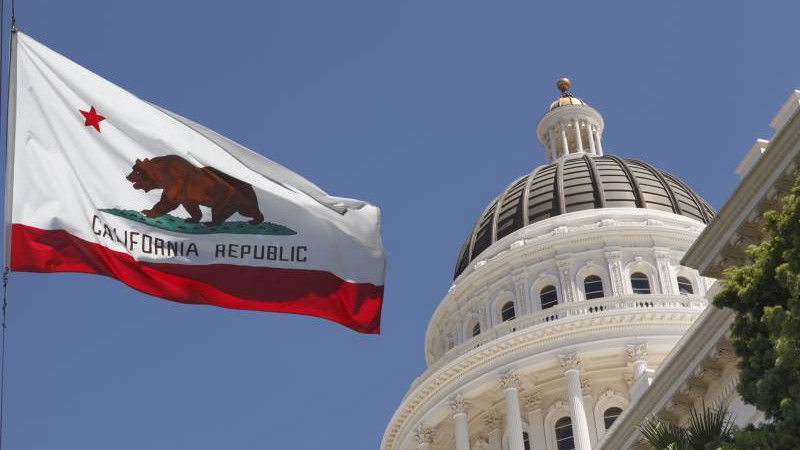Gambling websites should pay equal tax, argue South African casinos

Casino Association of South Africa (Casa) chairman Jabu Mabuza told the national assembly’s trade and industry committee that his organisation "notes with concern" that the National Gambling Board had recommended that a tax on interactive gambling games be 2 percent of net gambling revenue. Mabuza highlighted a lack of tax proposals.
“Whatever happens in the industry turns on the level of taxation, which has to be fair and equitable,” he said. Concern was expressed about the proposal to limit the number of interactive gaming operators. This could exclude operators from other countries and so contravene international treaties, the committee was told.
Mabuza said that Casa members paid tax on their land-based casinos at rates of between 3 percent and 18 percent of "gross gambling revenue", which was wagers less payouts. The average tax rate was between 9 percent and 10 percent. The bill will regulate interactive gambling on the Internet and other forms of telecommunications-linked gambling.
Mabuza said Casa members had invested more than us$ 1.6 billion in infrastructure in the country and created roughly 100 000 direct and indirect jobs. Taking into account the economic multiplier, Casa members had contributed about us$ 4.9 billion to the gross domestic product. In 2003/04 the casino industry accounted for more than us$ 232 million in gambling taxes and VAT.
The lower tax regime would encourage the public to gamble with interactive operators rather than at casinos, as the returns would likely be higher. "This would consequently create an unlevel playing field, he added.
Peter Collins, an Executive Director of the South African National Responsible Gambling Programme, told the committee that interactive gambling was illegal in South Africa, "although most South Africans appear to be unaware of this".
He said interactive gambling operators could offer players a facility for setting limits to their losses over a given time period, after which they would be prevented from playing further. There was software that could detect playing patterns that were characteristic of problem gamblers.
Remote gambling was not yet a serious source of gambling problems in South Africa but "it may well become one", and this was more likely to happen if Internet gambling remained prohibited than if it were well regulated. Technology could be used to tame technology, Collins argued.
This included a requirement that would-be suppliers demonstrate they had effective player identification procedures, as stipulated in the bill, especially for ensuring that children could not gamble at their sites.
Labour union Cosatu called for the committee to reject the bill because it would result in the proliferation of interactive gambling. Gambling affected the poor the most because they used a larger proportion of their income, it said. Revenue from the gambling industry was tantamount to regressive taxation.
Submissions to the committee were also made by the Financial Intelligence Centre (FIC), which was concerned that interactive gambling could facilitate money laundering. The Congress of South African Trade Unions (Cosatu) criticised the negative consequences gambling had on the poor.
The FIC proposed improvements to the bill it believed would close loopholes left open for money laundering. The bill, it said, should include licensing and probity checks of operators. The FIC also warned that the cost of regulation of the interactive gaming industry was likely to be “substantial” because of its cross-border nature. Dealing with jurisdiction, it recommended that licensed operators should be required to subject themselves to domestic laws.
Another concern was that interactive gambling operators should be subject to the same stringent requirements as other operators, for example, on black economic empowerment, probity and prohibitions on underage gambling.
The association said unless online gambling was dealt with on the same terms as other forms of gambling it should be dealt with under another law instead of its provisions being incorporated into the National Gambling Act.
Cosatu called for the bill to be rejected as it was opposed to the expansion of legalised gambling.

















